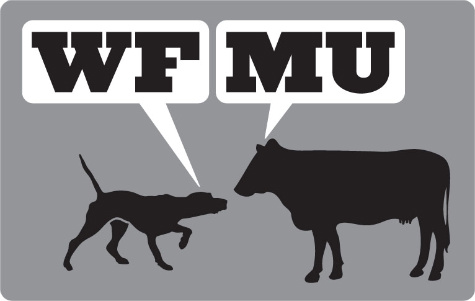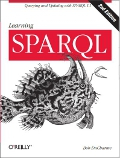
People who listen to Jersey City freeform radio station WFMU tend to be a bit fanatical about it. The Wikipedia page on the station quotes the New York Times referring to them as "a station whose name has become like a secret handshake among a certain tastemaking cognoscenti." It's not only because of the range of their musical eclecticism, which is an easy game for college and other non-profit radio stations to play; the depth of their commitment and their role in the music and art scenes of New York City and beyond has been impressive for over forty years.
They have a new show called Radio Free Culture which is also available as a podcast. Different FMU hosts from different shows take turns with this one, so it's apparently on at different, unpredictable times, but the MP3s of past shows are all sitting there waiting for you. Some of the hosts are better than others, but as with the rest of the station, the unpredictability is part of the fun.
The discussions are often about music, but not exclusively so, and still—the music industry has already been through stages that the movie and "print" publishing industries are only now sliding into, and distribution of files of content is distribution of files of content. Roles in creating and publicizing that content, the potential value of redistributors (for example, record companies or publishers), and especially issues about who pays who for what, at which stage of creation or distribution, are topics that the podcast returns to regularly.
The most recent show, on February 25th, interviewed several people involved with the Future of Music Coalition's Artist Revenue Streams project, which gathered data on how musicians make money today, with statistics about how 25 categories of musicians make money from 48 potential income streams. Of course, the number and relative importance of the different categories and streams has evolved over time, and the reaction to the FMC's work shows that there hasn't been much serious data gathering in this area before, because a lot of organizations are very interested in using their work.
The December 31st show has a fascinating interview with MIT PhD candidate Benjamin Mako Hill about the implications to our culture of the fact that the song "Happy Birthday to You" is copyrighted. Did you know that if a group of people sitting around a table in a restaurant or a bunch of kids in a summer camp sing this song without getting permission first, they are technically violating U.S. copyright laws? Warner Music Group collects literally millions of dollars every year from higher-profile performances of the song. (The second half of this particular show is people calling in to talk about their worst birthday ever, and I didn't make it all the way through that.)
The December 24th show features talks from the FMU-sponsored Radiovision festival about "piracy" in its many meanings, with a particularly good talk by Anna Troberg, who once fought against content bootlegging but eventually became the leader of Sweden's quite successful Pirate political party after getting to understand their values better.
The October 29th discussion about live streaming public protests with independent journalist and video broadcaster Tim Pool, as well as several other more music-focused shows, often return to the issues of how new technology makes it easier to create and distribute content, but how larger infrastructures are necessary to build an audience for that content—infrastructures once only provided by traditional publishing companies but now involving social media networks as well. Of course, the roles, relationships, and relative need for publishers and social media networks are further fuel for discussion.
I've know people involved in diverse aspects of many kinds of publishing, and I think that WFMU's "Radio Free Culture" can teach all of us a lot about the range, direction, and magnitude of many of the current forces affecting how people create, distribute, pay for, and get paid for content now and in the future. (Further discussions of these topics as they relate to specific episodes are available at the show's Free Music Archive page.)
Please add any comments to this Google+ post.

